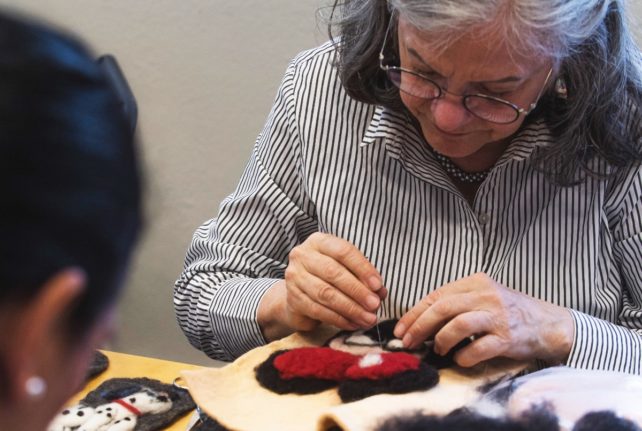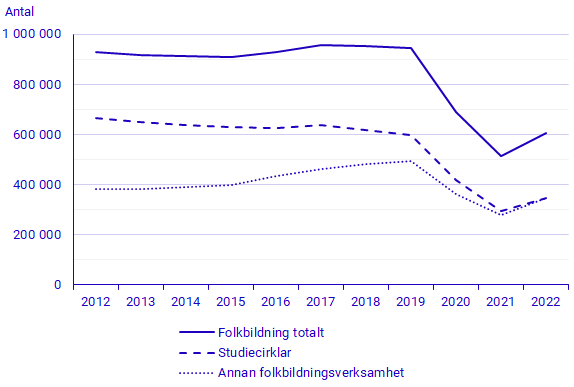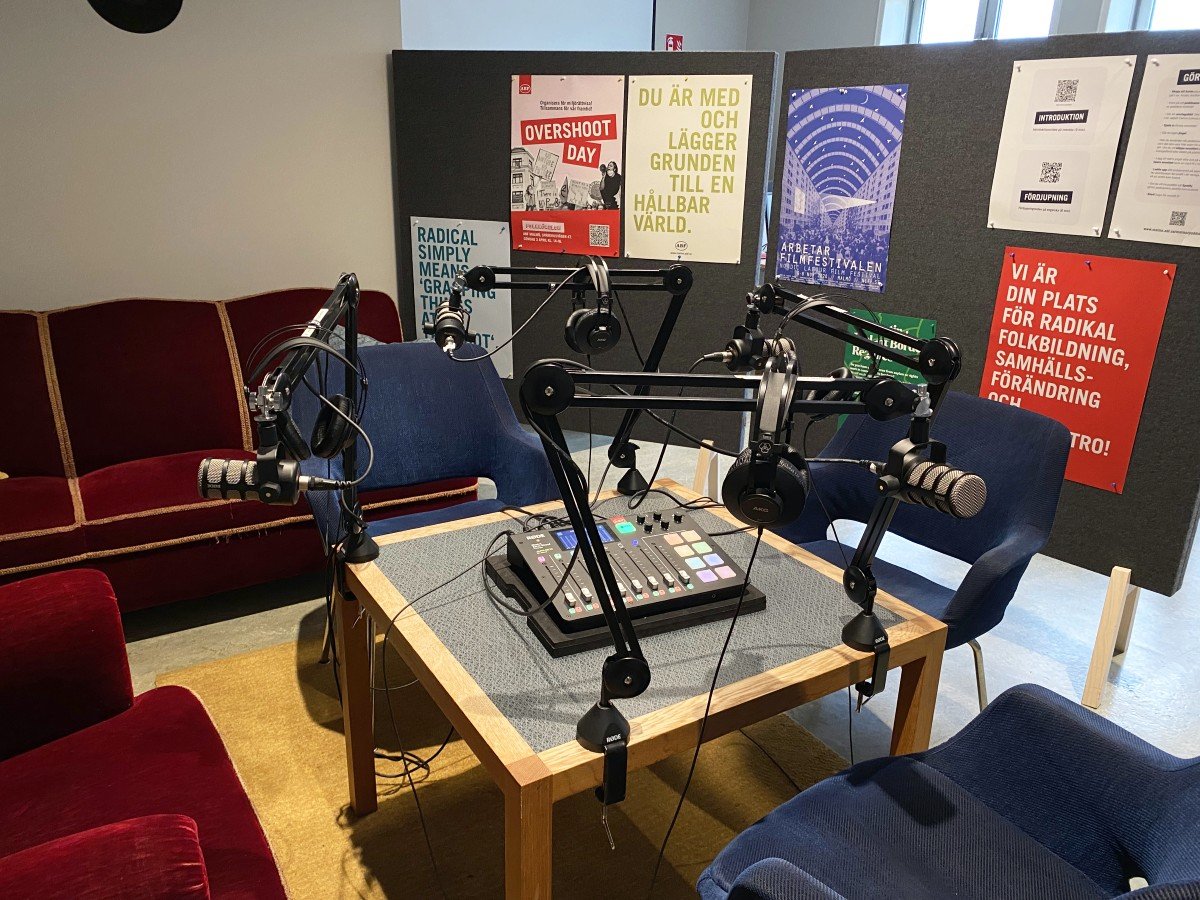Food
One of the biggest challenges as a student is working out how much money you need to dedicate to the boring necessity of food every month, and it can be easy to misjudge, run out of funds and end up living off eggs for weeks as a result, or alternatively Sweden’s weirdly popular ketchup on pasta.
Sweden has higher food prices than many other countries, which have only got more expensive in recent months, so finding the right balance can certainly be a challenge, but there are a few tricks you can use to make it easier.
Many restaurants offer discounts to holders of a Swedish Studentkort. There are plenty of offers available for restaurants as well as many other shops and services, and you can get the card for free through signing up on the company’s website.
On a student budget you won’t be eating out every day of course, but there are even ways to save money on groceries. Supermarket chain ICA offers student discounts on a rotating range of food items for students who register with them (though you’ll need a Swedish ID), and Coop has discounts if you’re aged 18-25.

Coffee
Late nights are a guarantee at university, and in that scenario, coffee can be a necessity. In Sweden it doesn’t always come cheap however, where you can easily pay 35 kronor or more for a cappuccino or latte.
One of the country’s biggest coffee chains, Espresso House, offers students a 20 percent discount on takeaway, using the Mecenat student card. If you’ve got a favourite local coffee shop, it’s well worth checking if they have any offers for students as well.
Alternatively, get an even cheaper cup of takeout coffee from Swedish newsagent Pressbyrån, where any hot drink is just 14 kronor per cup if you’ve got a student card. Fruit or pastry can always be added to your coffee order for only an extra 5 kronor too.

Sport
Going to watch some Swedish football is a great way to kill an afternoon, and it’s also pleasantly affordable. If you’re studying in the country’s second-biggest city, you may be surprised to know that IFK Gothenburg offer discounted tickets for students, as do their local (second division) rivals, hipster favourites GAIS.
Students in Malmö or nearby Lund can watch Malmö FF play for a reduced price – usually the same price as for pensioners, but it depends on the match.
Studying in Uppsala? Local side Sirius IK also offers reduced cost of entry on standing tickets for students. As do many other clubs across the country, so it’s worth checking with them before you buy your tickets.
If you’d rather get involved in actually playing a sport, many amateur clubs and teams have reduced rates for students making it an affordable activity to try, and university sports societies offer a range of sports usually at cheaper prices than classes open to the general public: try Stockholms Studenter IF, NNIF Uppsala, or EOS Lund).
And for those who prefer spectator sports, you can get a 15 percent discount on streaming service C More, which offers a range of sports packages, if you have a Mecenat student card

Travel
Sweden may have a small population, but geographically it’s a huge country. With so many diverse cities and landscapes, you’ll want to see more than just your university and its surrounding area. Most local transport authorities offer reduced monthly passes for students, so getting around locally shouldn’t break the bank.
Making your way from one city to the next isn’t always cheap, but with state-owned rail company SJ offering special student rates on intercity and regional trains, you can get 15 percent off all second class tickets and access to last minute reduced prices. When you’re on board you can take advantage of seasonal offers, currently including a hot drink for just 10 kronor, and free refill!
Snälltåget also offers generous student offers on its routes, which include travel between Stockholm and Malmö, as well as from both cities to the northern Swedish mountains and even to Berlin in summer.
Bus travel can be a way of saving even more money, and with Flixbus offering students 10-15 percent off the full price on all journeys (as well as occasional additional discounts!), it’s well worth checking.
Going further afield? With the distance from Lund to Kiruna for example a mere 1800km, you may want to fly. SAS offer discounts on that mode of transport too (make sure to search SAS’s Youth tickets, available to all travellers aged under 26), so getting away to see the Northern Lights may not be as unfeasible as it sounds.

Culture
Many of Sweden’s museums are free, but some of the best ones aren’t, and unless you want to miss out on some of the country’s highlights, you’re going to have to fork out some cash eventually.
Luckily, plenty will cut money off your fee if you’re a student. Stockholm’s excellent Fotografiska photography museum slashes 30 kronor (40 kronor if you book in advance) off the ordinary admission price for holders of a valid student card.
It’s not only in Stockholm that you can save money on paid-entry museums as a student though. Studying in Umeå? Guitars: The Museum – one of the world’s biggest privately owned guitar collections – will let you in for 50 kronor less than regular folks. Not bad!
A semester studying abroad is the perfect time to try something a bit different, and a night at the opera is strikingly accessible in Sweden. Malmö Opera offer a whopping 50 percent off tickets to holders of CSN or Mecenatkort student cards as well as under-26-year-olds, Gothenburg Opera give you 25 percent off most performances if you have the Mecenatkort card or are aged under 28 (and if you’re 20 or under, you’ll get in for half price), while even the Royal Opera in Stockholm has half-price entry if you’re under 26. You aren’t likely to find much lower prices for opera anywhere else in Europe, so even if you don’t think it’s your thing, why not try something different for once?
You may also want to keep up with Swedish news while you’re spending time in the country. The Local offers a 50 percent student discount on Membership, giving you unlimited access to all our content for just €24.99 a year, reduced from €49.99. Find out more here.

Article first published in 2016 and last updated in August 2022.





 Please whitelist us to continue reading.
Please whitelist us to continue reading.
Member comments